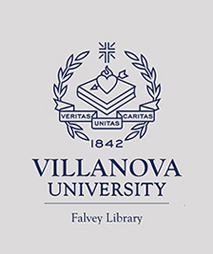Complexity Science and Myth in Big History
##plugins.themes.bihistory.article.main##
Abstract
From early on, David Christian’s vision of big history as a “modern creation myth” faced criticism for introducing elements of spirituality. This essay contends that the resulting controversy arises from a misunderstanding of the nature of myth. The mainstream model of myth depicts it as fanciful stories of supernatural agents that members of a society use to address their anxieties. While this is often the case, the author argues that myth can be more profitably explored as a neurobiological imperative that plays a critical role in cultural evolution. To make this case, he examines how the principles of complexity science helped him understand how human history has gone through periods, such as the Axial Age and Modernity, when the change produced by societies’ greatest successes demanded new ways of thinking about the world in order for those societies to survive. He then examines current neurobiology to explain how reinventing myth has allowed such societies to transform in ways that enabled them to meet the challenges produced by change. With this understanding of myth, the essay concludes with a discussion of how the myth of big history can allow us to contribute to the new ways of thinking that are emerging today, as culture evolves so we can meet our current existential challenges.
##plugins.themes.bighistory.article.details##

This work is licensed under a Creative Commons Attribution 4.0 International License.
Authors who publish with this journal agree to the following terms:- Authors retain copyright and grant the journal right of first publication with the work simultaneously licensed under a Creative Commons Attribution License that allows others to share the work with an acknowledgement of the work's authorship and initial publication in this journal.
- Authors are able to enter into separate, additional contractual arrangements for the non-exclusive distribution of the journal's published version of the work (e.g., post it to an institutional repository or publish it in a book), with an acknowledgement of its initial publication in this journal.
- Authors are permitted and encouraged to post their work online (e.g., in institutional repositories or on their website) prior to and during the submission process, as it can lead to productive exchanges, as well as earlier and greater citation of published work (See The Effect of Open Access).



